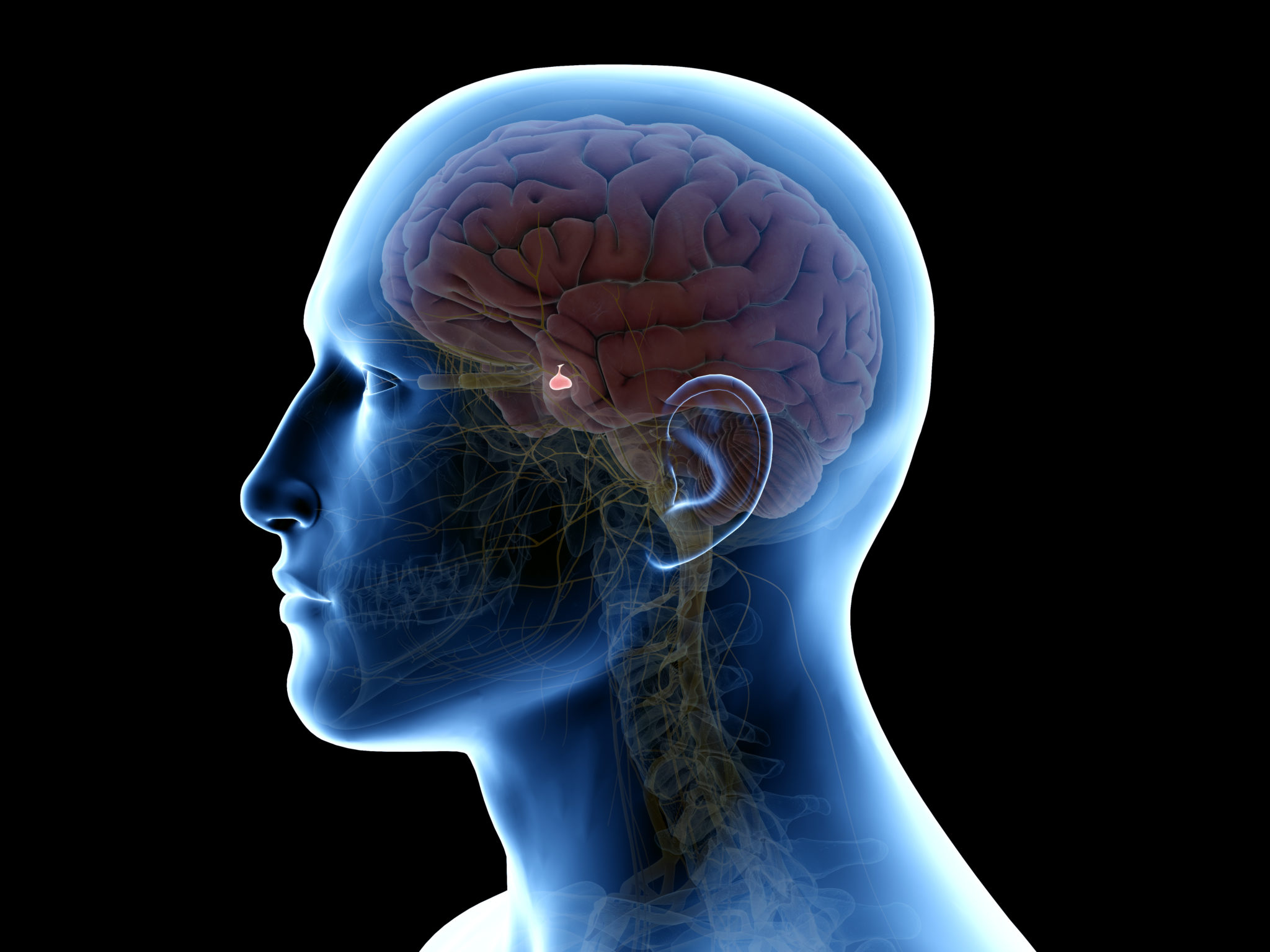Growth hormone (GH) is involved in a wide variety of activities essential to health, including the repair of damaged tissue in bones, organs and muscles; maintaining muscle mass; insulin sensitivity and burning fat; promoting strong immune defenses; and supporting healthy blood vessels, blood pressure and cholesterol levels.
GH is produced by the pituitary gland, which secretes tiny amounts throughout the day and night in a series of pulses. Total daily GH secretion peaks around puberty and begins to decline by age 21, until, by age 60, most adults, despite the fact that their pituitary is still producing GH, have total 24-hour GH secretion rates indistinguishable from those of younger patients with severely compromised pituitary function.1
Why restore GH secretion to more youthful levels?
Aging adults, even those receiving hormone replacement therapy with DHEA, thyroid, estrogen and/or testosterone, still frequently report fatigue, lethargy, and decreased strength and exercise tolerance. Plus, several recent large population studies show the risk of cardiovascular disease and death is significantly increased in adults whose circulating levels of GH are very low.

